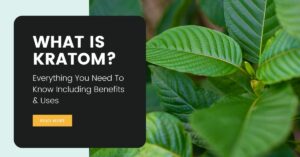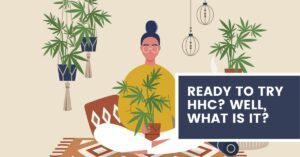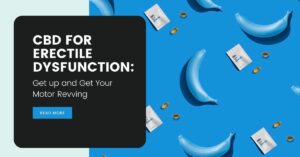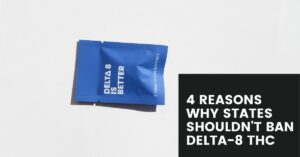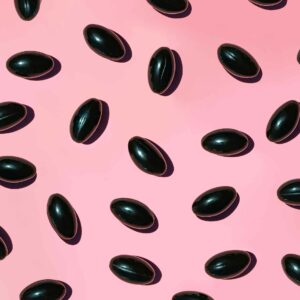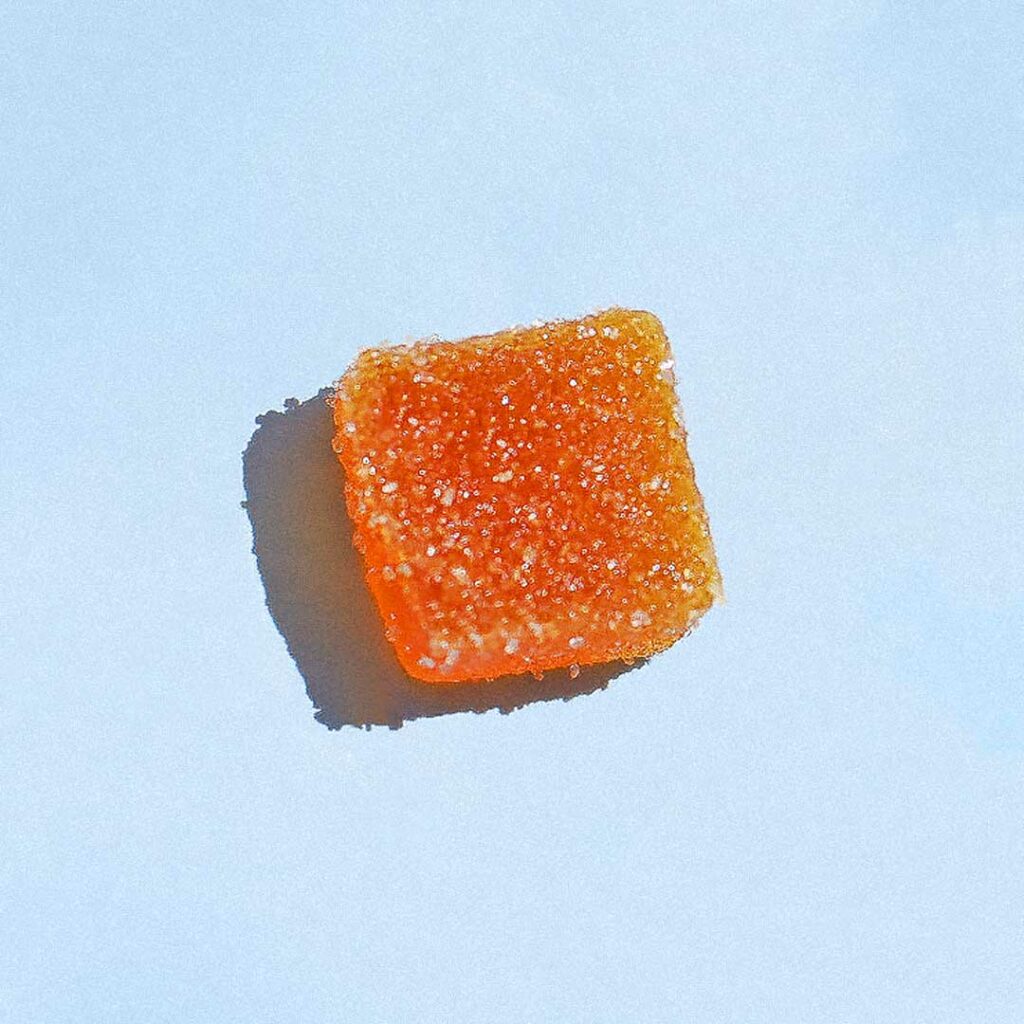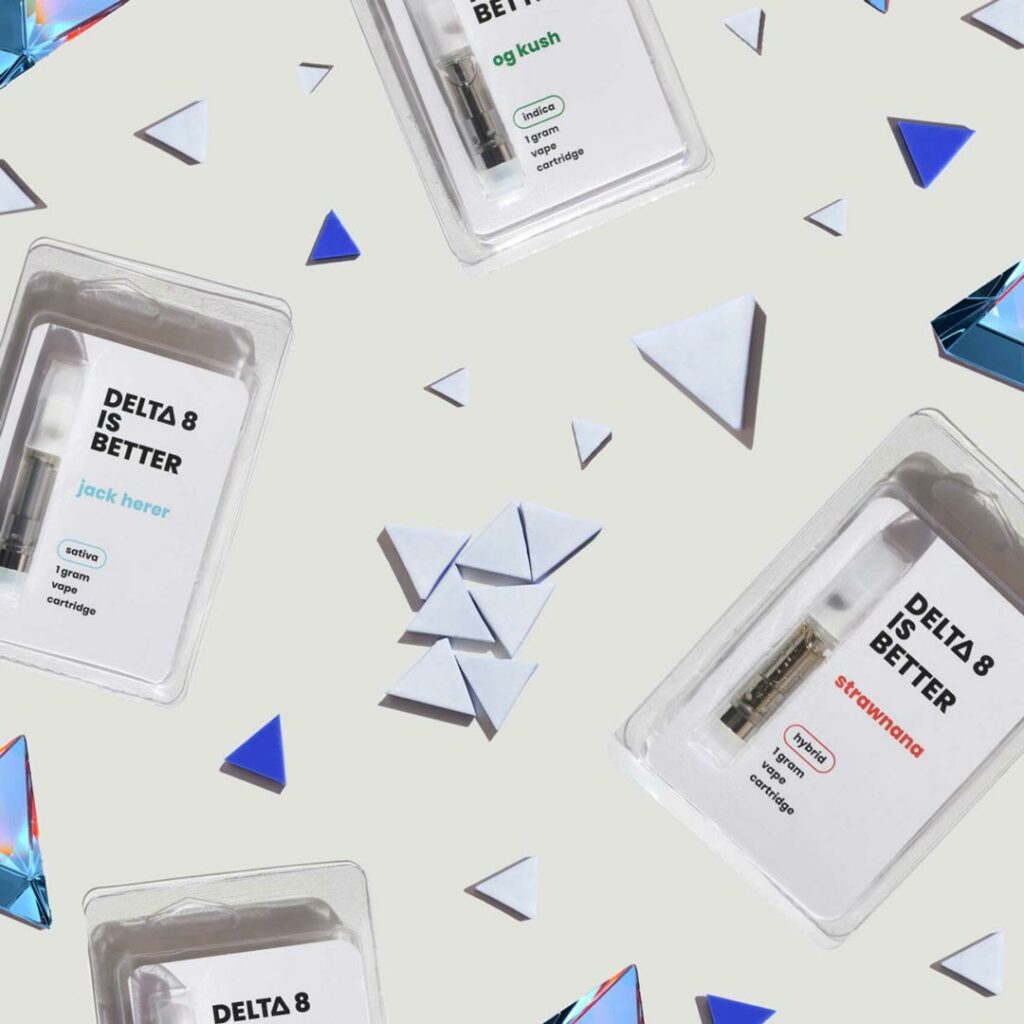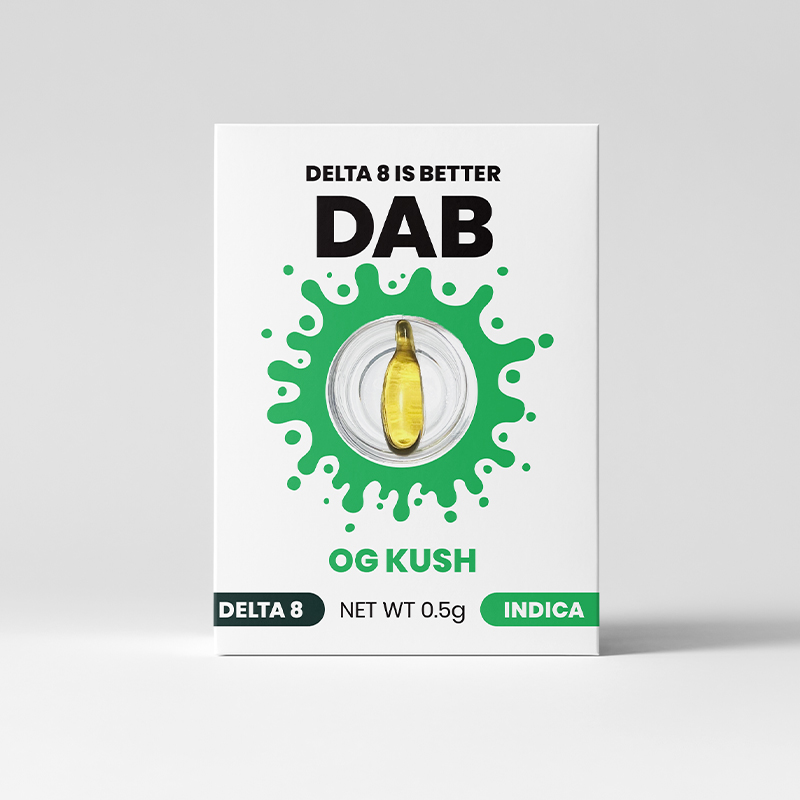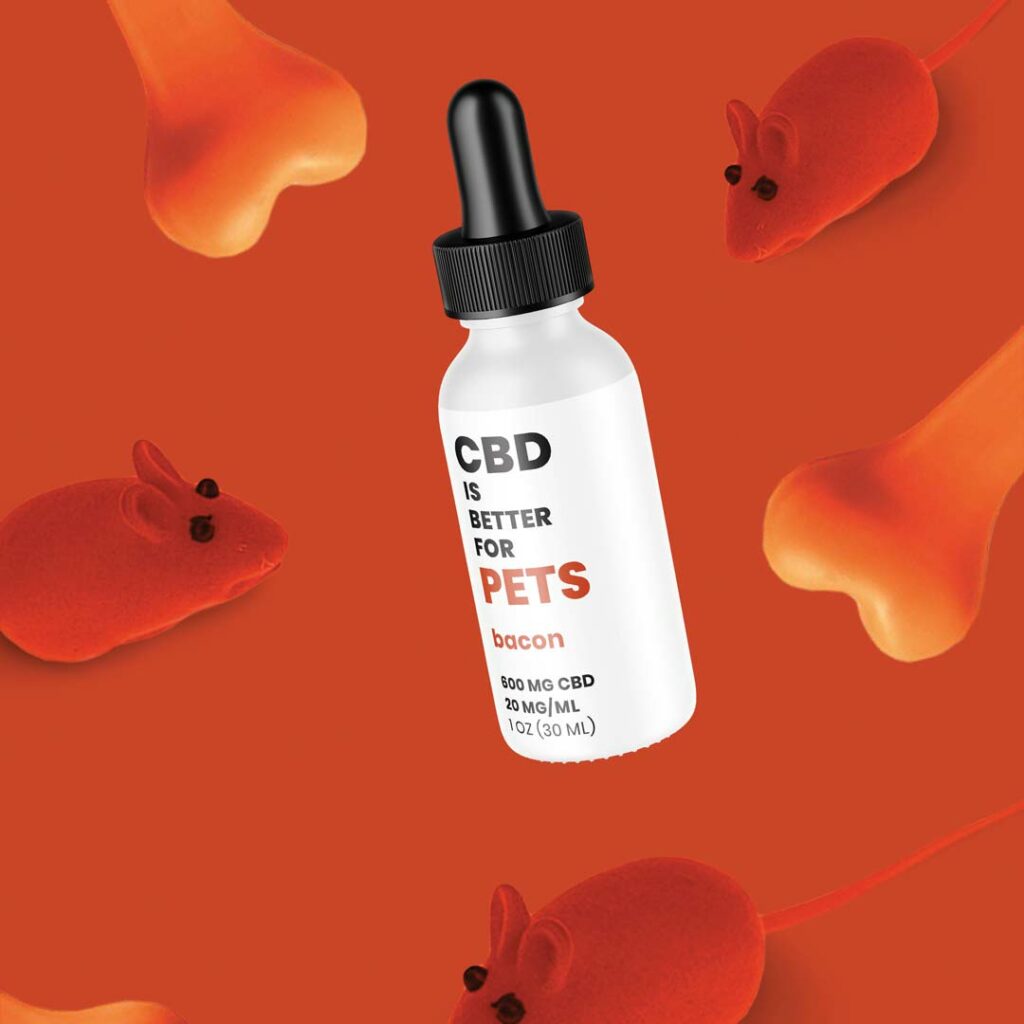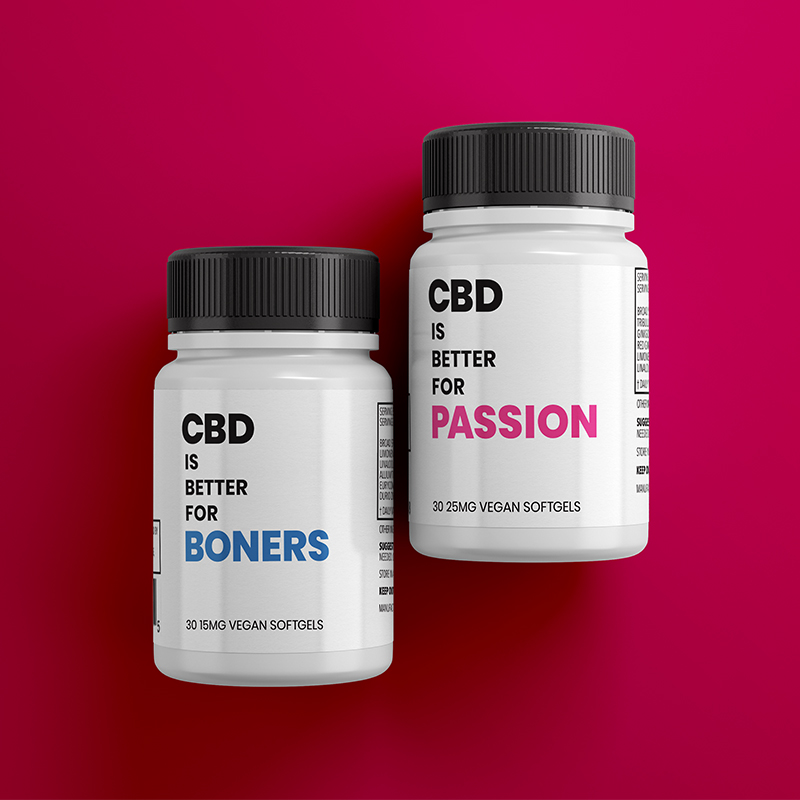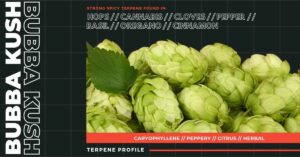
Why Can’t I Sleep? 4 Reasons Your Sleep Schedule is a Mess and 4 Natural Remedies That Can Help Get You Back on Track

“How much sleep do I need?”
Sadly for too many of us, the answer is “Not nearly as much as I get.”
While the Centers for Disease Control recommends seven hours a night minimum for adults, Gallup reports that Americans are getting an average 6.8 hours (down an entire hour less per night than we did in the 1950s). Leading sleep researcher and TED resident Daniel Gartenberg actually argues that humans need at least eight hours a night, if not more.
Before you ask yourself “How much sleep do I need?” ask yourself how well you sleep. The quality of your sleep matters as much as the duration of time you spend horizontal, but for most of us, 2020 hasn’t been a banner year for good rest. According to a new survey from the American Academy of Sleep Medicine (AASM), more than one in five Americans (22%) say they are sleeping worse than they did pre-pandemic. Here are a few of the most common barriers to restful slumber:
- Stress. Stress is undeniably a part of life—but modern existence makes stress particularly challenging for our bodies and minds. Our innate fight-or-flight response is still triggered by external threats like disease or joblessness. But where our ancient cave-dwelling forebears could kill an animal that was pursuing them and release the buildup of stress, today’s ongoing, persistent problems don’t offer us the catharsis of resolution. There are scant opportunities for us to actually resolve and discharge accumulated stress—we’re more prone to doom-scroll in a 24-hour news cycle, which our primitive brains still interpret as being chased by a predator.
- Anxiety. Stress and anxiety have similar symptoms but are actually different things. Stress is generally considered to be a response to an external cause, such as a wildfire or a pandemic. Anxiety refers to persistent, excessive fear or worry in situations that are not visibly threatening. Stress is a natural response to losing your job, whereas anxiety is the looming fear of “What if I lose my job?” Anxiety can almost be more detrimental and frightening than stress because free-floating fear of unseen outcomes, invisible threats, or the future can be more unnerving than the stress we incur from specific events.
- Technology. Doom-scrolling did not exist when we lived in caves. As recently as the 1990s, work had to stop at the end of the work day because we simply didn’t have the technology to connect people outside of offices and businesses. Between the internet, cell phones, and social media, many people feel the pressure to be “always on” and to keep producing on evenings, weekends, and holidays. The sheer speed and quantity of new information coming at us overwhelms and overstimulates our brains, which did not evolve to process material at this scale. Even the blue light of our now-ubiquitous computer screens and phones interferes with our sleep-wake cycle. Technology has done many wonderful things for humanity, but helping us get adequate rest is not one of them.
- Caffeine. Nine in ten Americans consume caffeine daily, and more than half of all American adults consume more than 300 milligrams of caffeine every day. But it’s key to remember that caffeine doesn’t actually give you energy: It simply blocks the reception of adenosine (the molecule that makes us feel drowsy) in your brain. It’s easy to see why blocking fatigue can mess up your sleep cycle—and indeed, studies show excessive caffeine consumption leads to wakefulness and trouble falling asleep. After a poor night’s sleep, it’s all too easy to reach for that extra cup of coffee, continuing the vicious circle of poor rest and more need for stimulants. Fatigue means we have less energy to exercise, and exhaustion weakens our ability to make healthy choices about what we eat (decision fatigue is very real!). Healthy living, regular movement and quality diet are all very connected to good sleep—but lack of sleep also makes it exponentially harder for us to resist that third latte, skip extra helpings of dessert, or get to Zoom yoga class on time. More stimulants, less exercise, poor diet, and constant screentime are all part of the vicious circle of insomnia.
Fortunately, there are natural methods available to help us get out of poor sleep cycles. As with medication, different types of herbs can be more effective for different people. (Always check with your doctor about plant-based supplements, especially if you take other medication!)
- Melatonin. Melatonin is a hormone produced by your brain in response to darkness. Natural levels of melatonin in the blood are highest at night, so melatonin supplements are considered a gentle, safe way to provide relief from insomnia.
- Suanzaoren decoction. Suanzaoren decoction is a compound found in the seeds of the thorny deciduous tree called wild jujube. It has been used as a traditional Chinese herbal remedy for insomnia for thousands of years, and is still the most frequently prescribed Chinese herbal formula for treating sleep problems in Taiwan.
- Pinene. Pinene is a kind of terpene (a naturally occurring compound that gives plants their scent). Pinene produced by pine trees, as well as basil, cedar, conifer trees, dill, eucalyptus, orange rind, parsley, rosemary, and many other plants. It’s been shown in animal studies to assist in both falling asleep and increasing depth of sleep.
- Cannabidiol (CBD). Cannabidiol is a non-psychoactive compound found in the hemp plant. Studies have shown CBD to have a great deal of exciting health potential, particularly when it comes to the complex Venn diagram of stress, anxiety, and poor sleep. Several studies indicate CBD can help people with anxiety, so for those whose sleep problems are stress- or anxiety-related, CBD may be an excellent plant-based option to try.
Sleep is foundational to good health, but it’s understandable that many people have fallen off the healthy sleep wagon, especially in a culture that champions over work and doesn’t often value the importance of rest. Quality sleep enables us to live healthier, whether that’s drinking less coffee, getting more exercise, or resisting the siren calls of sugar and screens. Rather than putting sleep on the back burner or managing fatigue by overriding it with caffeine, try having some empathy for yourself if sleep has been a struggle—you’re not alone in your insomnia! When asking yourself “How much sleep do I need?” try evaluating the quality of your sleep as well as the duration, and consider plant-based, natural remedies to help get your sleep back on track.
Robert Johnson
READ MORE
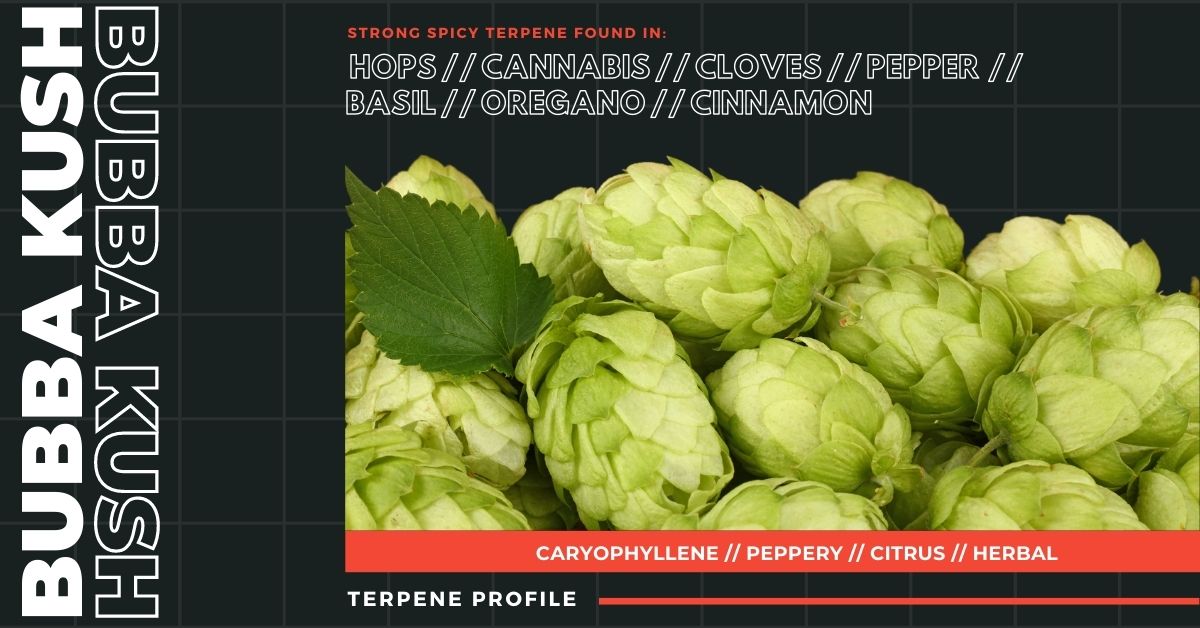
Terpenes 101: What is Caryophyllene and What Does it Do?
Caryophyllene, also called beta-caryophyllene or BCP, this terpene can be found in hops, cloves, black pepper, oregano, cinnamon, basil and strains of cannabis. If you’ve ever taken a whiff of herb with a funky bite that hits like smelling cracked pepper, it’s likely rich in caryophyllene.
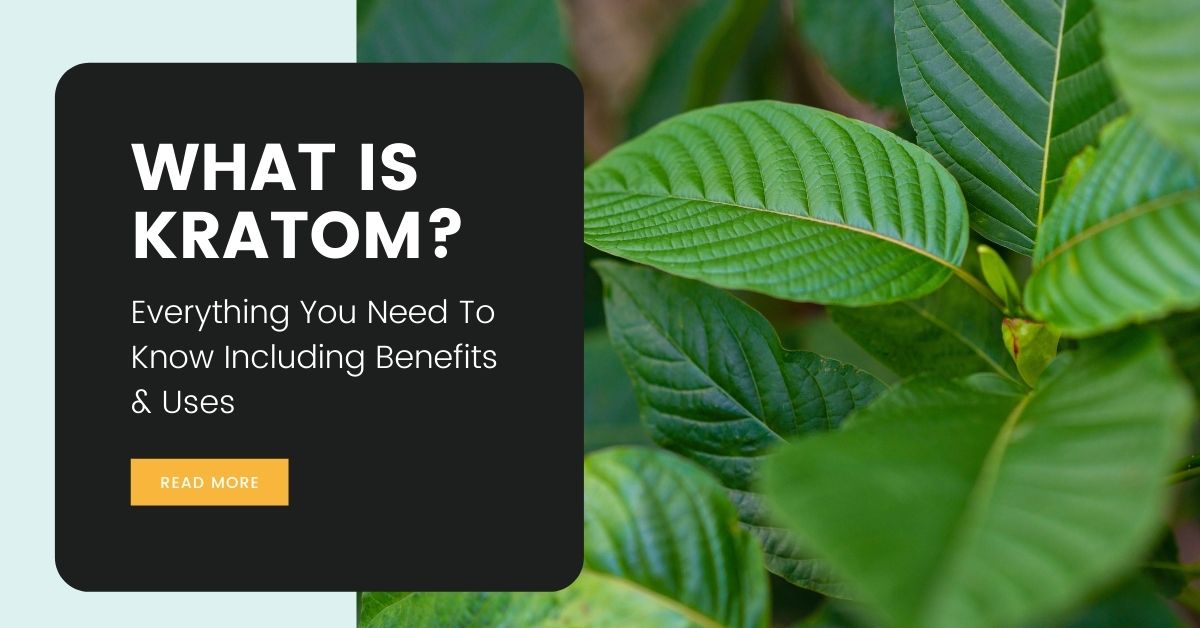
What is Kratom? Everything You Need To Know Including Benefits & Uses
There have been uses of kratom for centuries in traditional medicine in Southeast Asia. It has many potential uses and benefits as well as considerable risks. Read on to learn more about using kratom for your health.
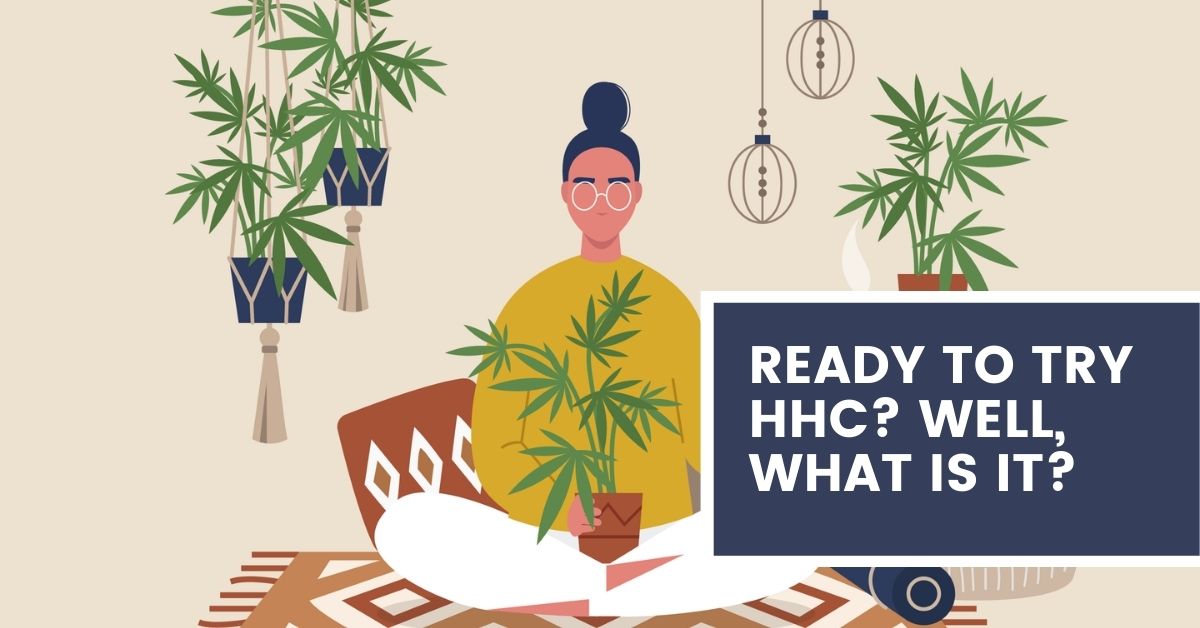
Thinking of Trying an HHC Vape But Find Yourself Wondering What Exactly is HHC?
One of the unintended benefits of the 2018 Farm Bill that made agricultural hemp federally legal was the new wave of THC analogs hitting the market with very similar effects to the THC we all know and love. One of the newest, HHC is actually not a THC analog at all but it’s close. How close? Let’s break it down.
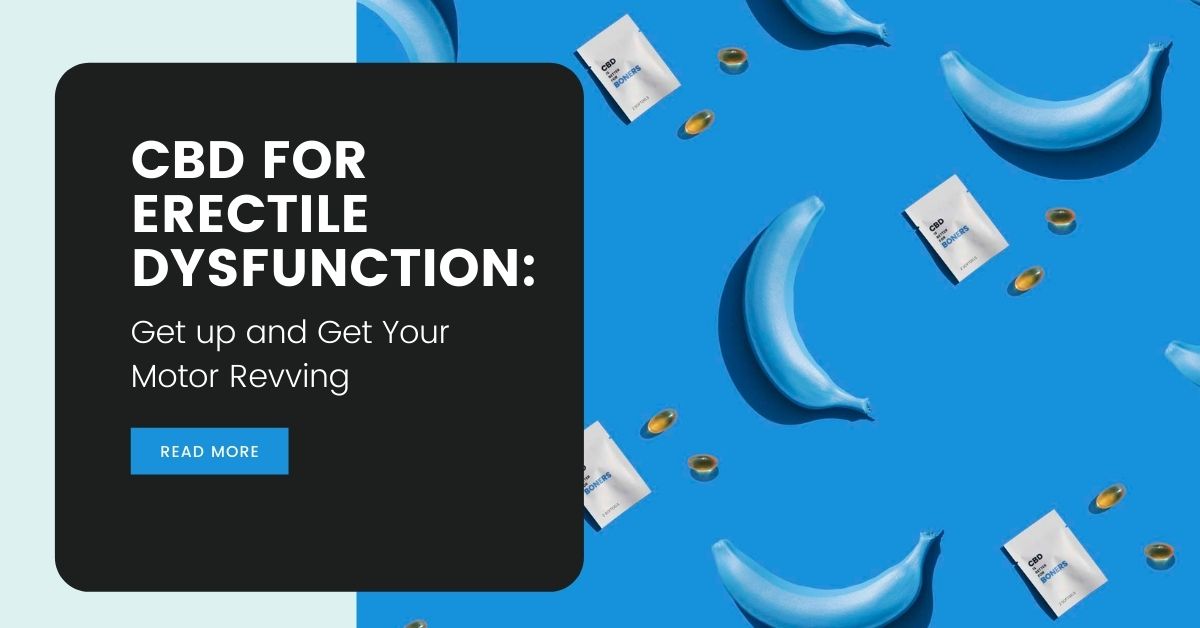
CBD for Erectile Dysfunction: Get up and Get Your Motor Revving
Although it’s often a sensitive subject, the truth is that approximately 52% of all men have or will experience erectile dysfunction (ED) at some point in their lives often much younger than one would expect.
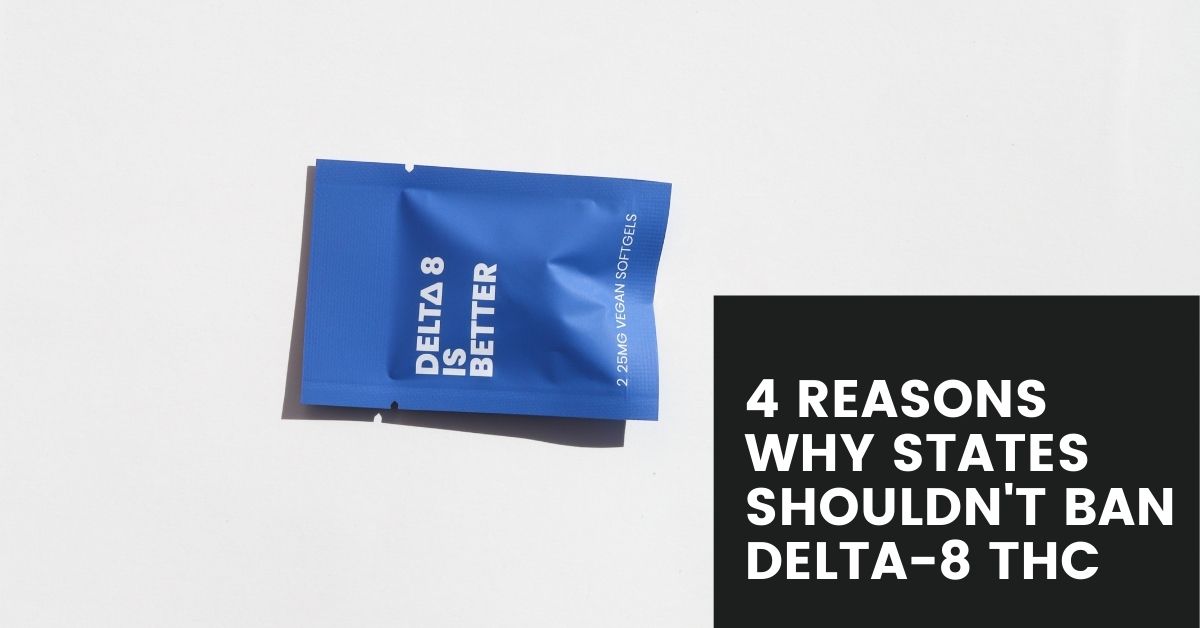
4 Reasons Why States Shouldn’t Ban Delta-8 THC
More than 15 states have actually banned Delta-8 outright but what’s most shocking about these bans is that they are supported by so many hemp business leaders.
